- Empty cart.
- Continue Shopping
Noni (Morinda citrifolia)
Original price was: ₹350.00.₹230.00Current price is: ₹230.00.
Genus : Morinda
“Experience the remarkable health benefits of Noni fruit (Morinda citrifolia) by growing your own plant. This high-quality fruit plant produces nutritious and versatile Noni fruits, known for their various medicinal properties.”
Noni fruit plants, scientifically known as Morinda citrifolia, are small, evergreen trees that are native to Southeast Asia and Australasia. They are widely cultivated for their pungent, cheese-like fruit, which is used for a range of medicinal and culinary purposes.
The noni tree can grow up to 10 meters in height and has a gnarled, twisted trunk with dark green leaves. The fruit of the noni tree is a small, round fruit that ranges in color from green to yellow when ripe. The flesh of the noni fruit is soft and pulpy, with a pungent, strong odor and a bitter taste.
Noni fruit plants are typically grown in tropical climates, including Polynesia, Hawaii, and Southeast Asia. They require well-draining soil that is rich in organic matter and full sun exposure. Noni trees are also tolerant of salt and can be grown in coastal regions.
The fruit of the noni plant has a long history of use in traditional medicine. It is believed to have a range of medicinal properties, including anti-inflammatory, analgesic, and immune-boosting effects. The fruit is commonly used to treat a range of ailments, including digestive disorders, respiratory problems, and skin conditions.
In addition to their medicinal uses, noni fruit plants are also used for culinary purposes. The fruit is commonly used to make juice, jams, and sauces, and is sometimes added to other beverages and food items for its unique flavor and health benefits.
Noni fruit plants are typically propagated from seeds or cuttings. They require regular pruning to maintain their shape and promote healthy growth and fruit production. Noni trees can produce fruit year-round, with peak production occurring during the summer months.
Overall, noni fruit plants are a versatile and valuable plant species with a range of medicinal and culinary uses. Their pungent, cheese-like fruit and potential health benefits make them an important plant in traditional medicine and a popular ingredient in a range of food and beverage products.





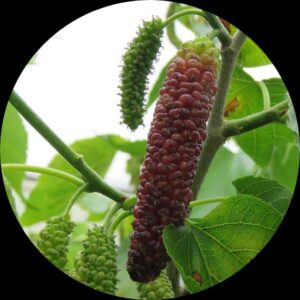
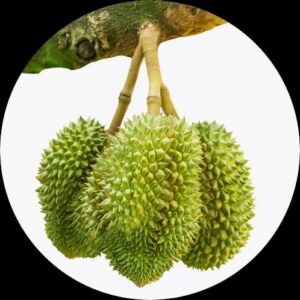
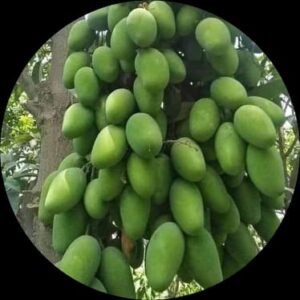

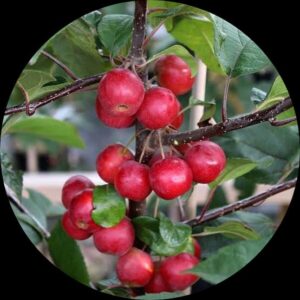
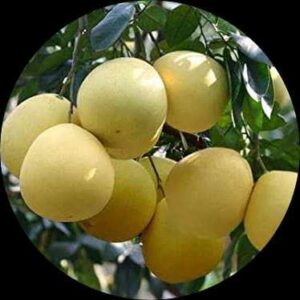
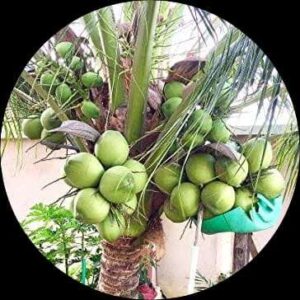
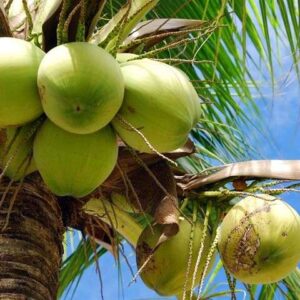
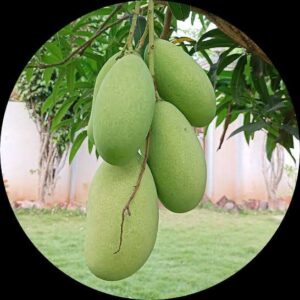
Reviews
There are no reviews yet.